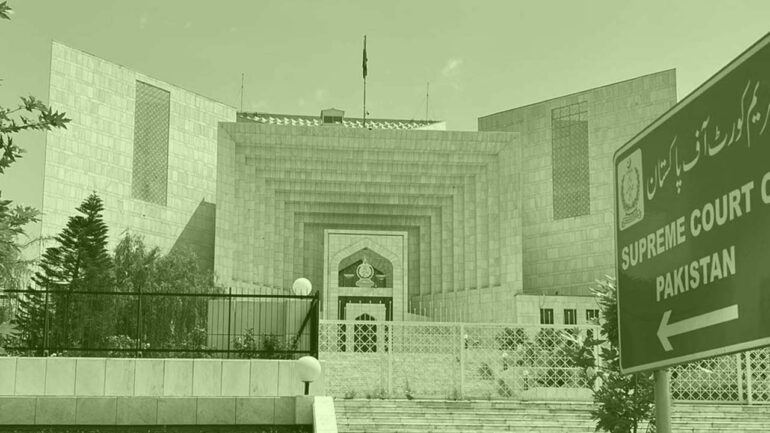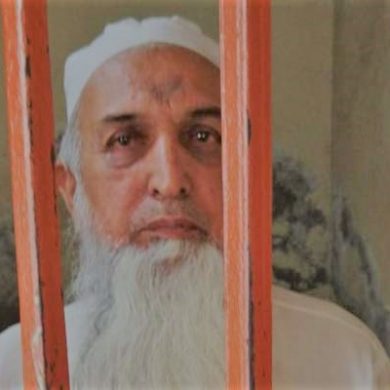The Supreme Court will hear four crucial petitions on October 23, which sought the general elections within the constitutional timeframe of 90 days from the dissolution of the National Assembly on August 9.
Chief Justice of Pakistan (CJP) Qazi Faez Isa will preside over a three-member bench including Justices Athar Minallah and Aminuddin Khan to hear the petitions.
One of the petition submitted by the Pakistan Tehreek-e-Insaf (PTI) was previously returned on September 15 with certain objections. Additionally, the Supreme Court Bar Association (SCBA) also filed a plea in August, urging the Election Commission of Pakistan (ECP) to adhere to the Constitution’s stipulated 90-day timeframe for announcing elections.
The other two petitions have been filed by (retd) Justice Ibadur Rehman Lodhi, a former Lahore High Court judge, and Advocate Munir Ahmad, both raising pertinent concerns regarding the electoral timeline.
Meanwhile, a five-member larger bench of the Supreme Court is also slated to convene on the same day to hear over approximately a dozen petitions challenging the trials of civilians in military courts.
Justice Ijazul Ahsan will preside over the bench comprises of Justices Munib Akhtar, Yahya Afridi, Mazahar Ali Akbar Naqvi, and Ayesha Malik to hear the petitions.
A plethora of petitions has been filed, including those by the Pakistan Tehreek-e-Insaf (PTI), former Premier Imran Khan, the Supreme Court Bar Association (SCBA), PPP leader Aitzaz Ahsan, former Chief Justice of Pakistan Jawwad S Khawaja, along with contributions from five members of civil society, Junaid Razzaq, and Zaman Khan Vardag.
This hearing follows a previous session on August 3 when a six-judge Supreme Court bench addressed challenges related to the trial of civilians in military courts. During that hearing, former Chief Justice Justice Umar Ata Bandial expressed the court’s firm stance against any unconstitutional actions by the Pakistan Army against civilians.
The court had previously rejected a plea, submitted by senior counsel Faisal Siddiqi on behalf of civil society activists, to constitute a full court for this case. Despite requests by the petitioners to expedite proceedings, the matter was postponed indefinitely.
The matter came in the court in the aftermath of the May 9 violence when the National Assembly passed a resolution, urging that the perpetrators be tried under the Army Act. The military subsequently revealed the initiation of proceedings against “102 miscreants.”



